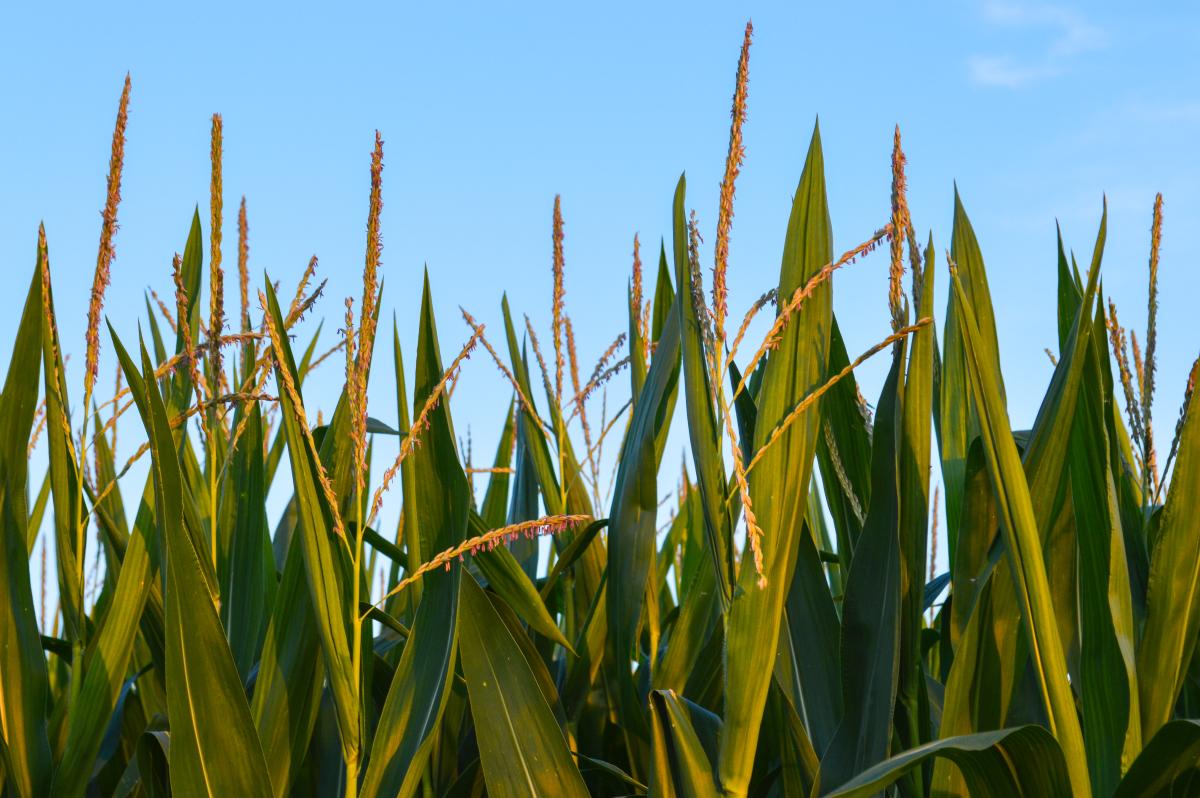
Farm and Ranch Transitioning and Succession
How to Plan for Change
When it comes to farming, the boomer generation never really want to quit, yet sometimes quitting is inevitable for health and happiness. Planning for when succession or transition time comes is critical and communication within families becomes a key component to success.
Allan Vyhnalek, extension educator in the Department of Agricultural Economics at the University of Nebraska–Lincoln, helps families think about the best planning and succession process for their operation.
“The vast majority of issues in farm transitioning stem from a lack of communication (or no communication at all) within families,” Vyhnalek said.
He further explained that current landowners need income from assets as they move away from management of their operation while new farmers trying to get started are faced with high capital prices.
To combat this issue, Vyhnalek initiated a program called Nebraska Land Link with Jessica Groskopf. Land Link connects landowners without a transition plan or successor to new farmers wanting to begin. The goal is to keep operations alive and give younger aspiring producers an opportunity.
Alex Burnett, Nebraska farmer, was the first successful land seeker to match with a landowner in the Nebraska Land Link program. After losing his family's dairy farm and struggling to get started on his own, Burnett decided to try the program.
Why Are Famers Not Retiring?
Before the ratio of 20 land-seekers for every one landowner can be stabilized, the reasons why farmers are not retiring must be determined.
“Farmers are retiring at a later age and some of them are only semi-retiring,” Vyhnalek said. “There are many reasons why this is the case – it may be about control, economics, not having a successor, or all the above.”
Most farmers have been a part of their operation for decades and are unsure about retirement, so it is common that planning is not a priority.
Why Do Farmers Avoid Planning?
There are many reasons people avoid discussing a plan with their families – some farmers assume the process is too complicated, some do not want to face their own mortality, and others are afraid if something is planned now it will be wrong in the future.
Vyhnalek created a graphic of the “Circle of Inaction” to provide a visual for those ready to start the planning process.
“This cycle may repeat over and over until something changes that forces a plan to be made,” Vyhnalek said. “Most producers get stuck on step 4 of the process, that is what needs to be improved.”
Three major types of planning need to take place for successful farm transitioning: end of life documents, estate plans, and business succession plans.
Communication is key to planning, but communication is often difficult to begin when discussing these topics. Families should approach the process with an open mind for input and decision-making to ensure ability to work together through the process.
The Nebraska Land Link program is also available for those struggling to get started.
How does Nebraska Land Link work?
The goal of Nebraska Land Link is to match land-seekers with landowners who are looking to move away from their operations.
“Transition is going to happen, whether there is a successor or not,” Vyhnalek said.
The Nebraska Land Link Program is one solution for families without a successor, but a desire for the operation to be continued.
“In today’s world, it is hard for a young person who wants to get into farming to find land and resources to get an operation running,” Vyhnalek said.
The cost of land and equipment has more than doubled over the last two decades and competition with the development market only drives costs higher.
To combat this, Nebraska Land Link connects new farmers seeking land to start their own operation with landowners who are looking to lease, sell, or gift their land to a newcomer.
“We were dairy farmers who had cattle and corn for many years,” Burnett said. “Unfortunately, we struggled to compete with big operations, so we ended up losing it all and that is when I found this program.”
Get Involved with Nebraska Land Link
There are three main parts to the Nebraska Land Link Program.
First, those interested complete an online application specific to whether they are a land-seekers or landowner. Applications are accepted on a rolling basis.
https://cap.unl.edu/landlink/
Second, Nebraska Extension members interview applicants to confirm accuracy of information and determine a match before information is shared with landowners for their decision.
“Once applicants have been reviewed, information is then given to landowners to interview candidates,” Vyhnalek said.
Third, additional education is provided to both parties on navigating the transition process. Questions, communication tips, negotiations, and goal setting are supported by Nebraska Extension once a match has been made.
In just over one year, Burnett was matched with a landowner in Alliance, Nebraska. Once Burnett was chosen, a deal was made in which the first year, all would work together to make transition as easy as possible. Burnett then officially takes over the operation upon retirement.
More information on farm transition, succession planning, upcoming talks or webinars, and the Nebraska Land Link program are found at https://cap.unl.edu
Key Takeaways:
1. Farm transitioning is challenging for many families and succession planning can help those struggling to create a plan.
2. Farmers are retiring at a later age for several reasons, so it is important to have family conversations about farm planning before a critical life event forces a rash decision.
3. Even if things change, it is better to have a plan that requires slight changes than to have no plan at all.
4. Nebraska Land Link is one program available to connect new farmers or land seekers with farmers and producers who are looking to transition their farm.
5. For more information on farm transition, succession planning, upcoming talks or webinars, visit https://cap.unl.edu/succession and for the Nebraska Land Link program visit https://cap.unl.edu/landlink
